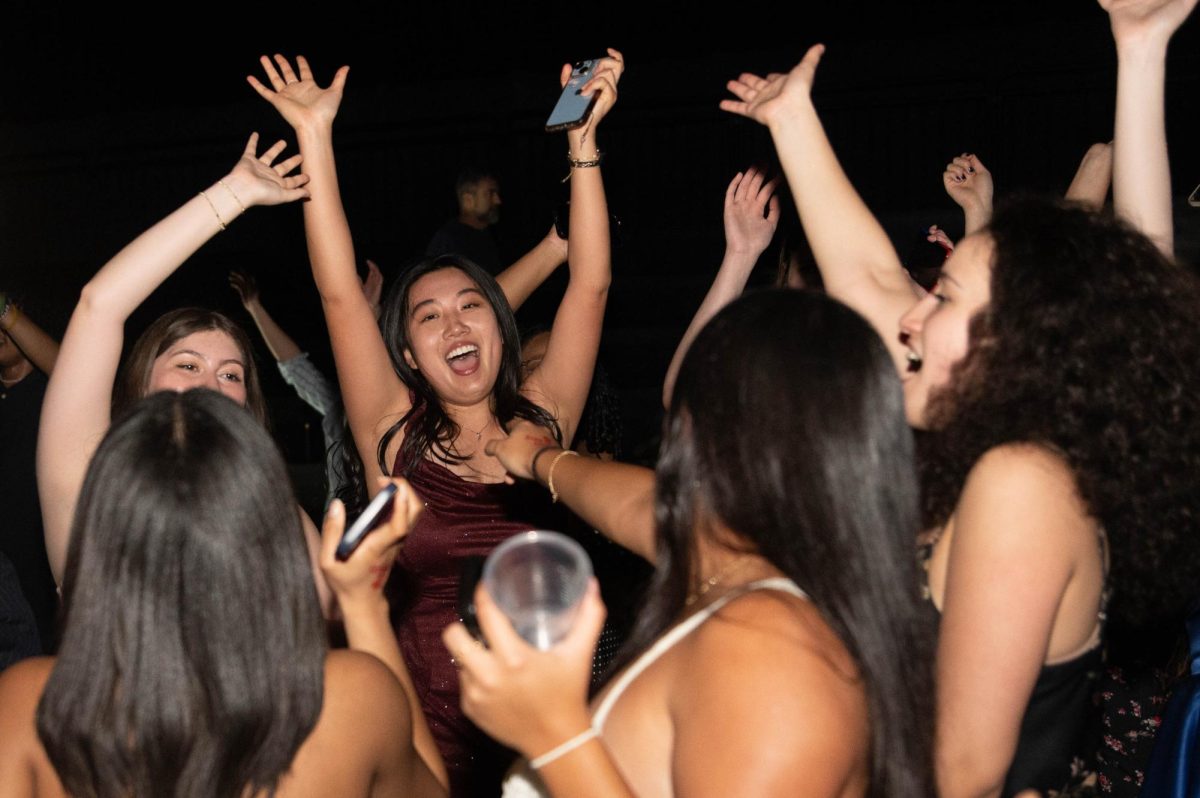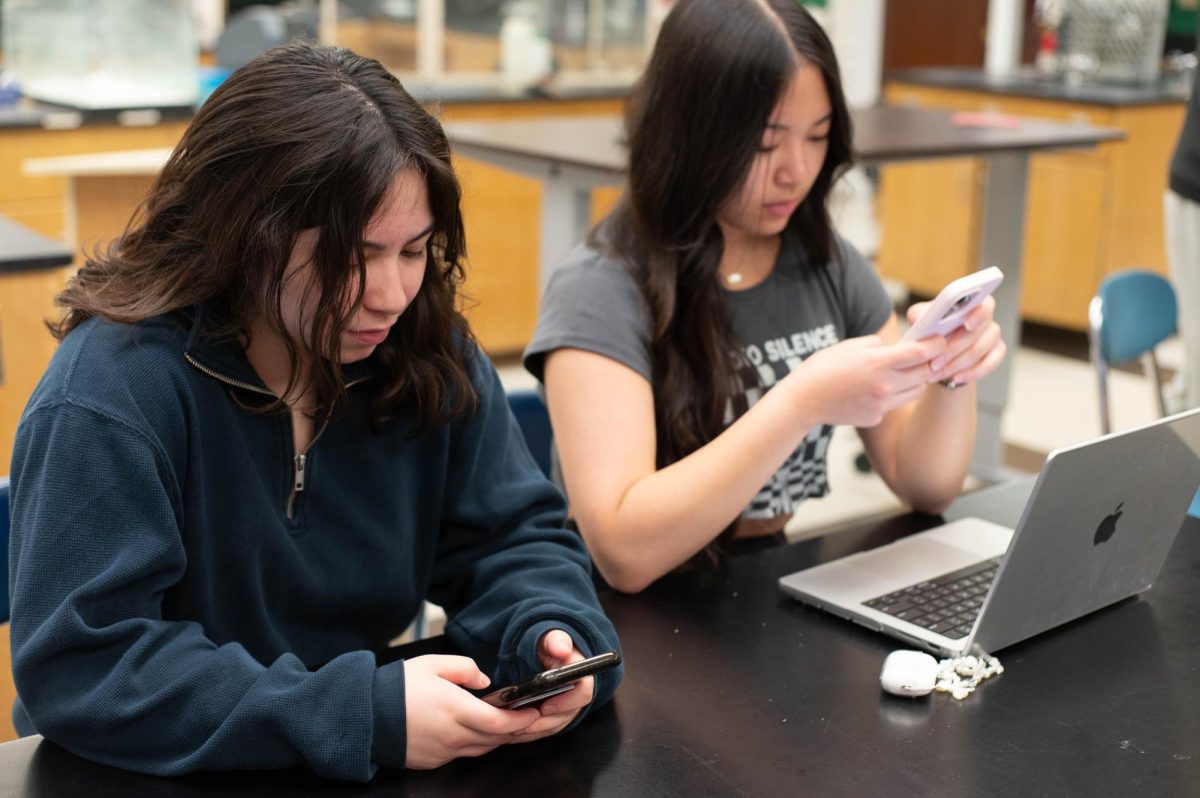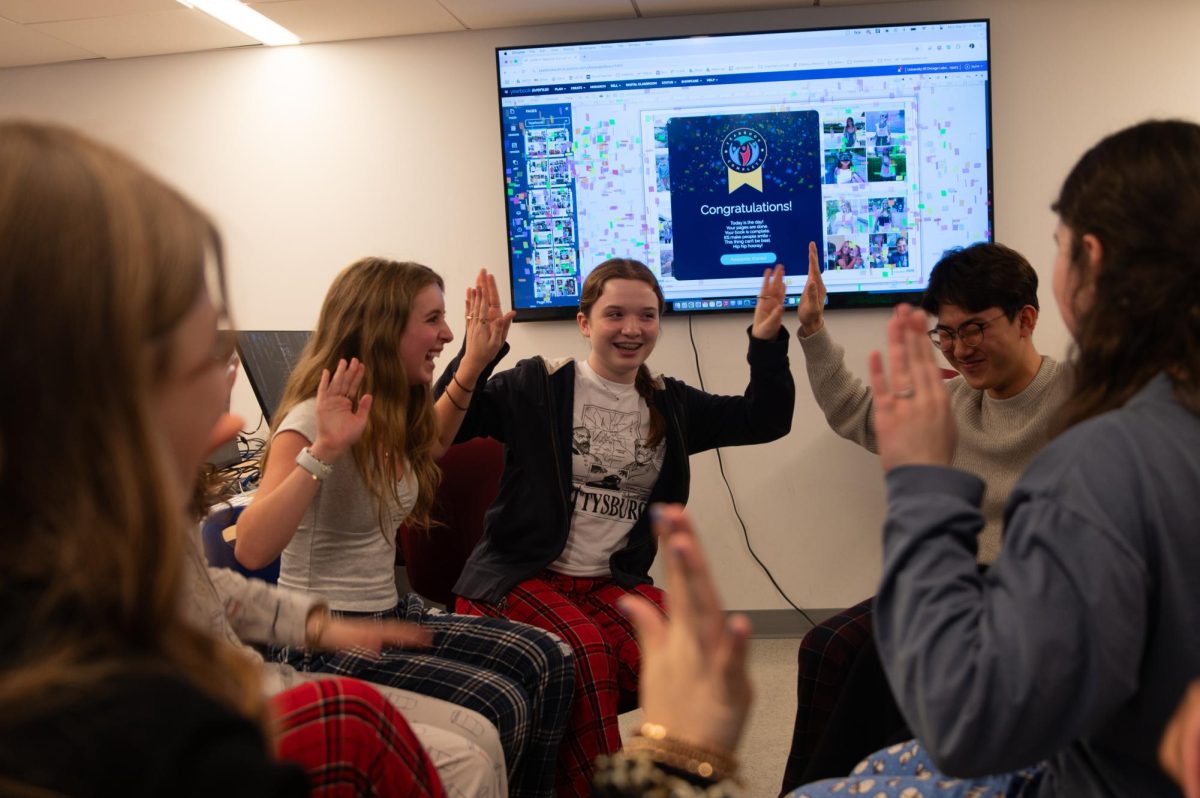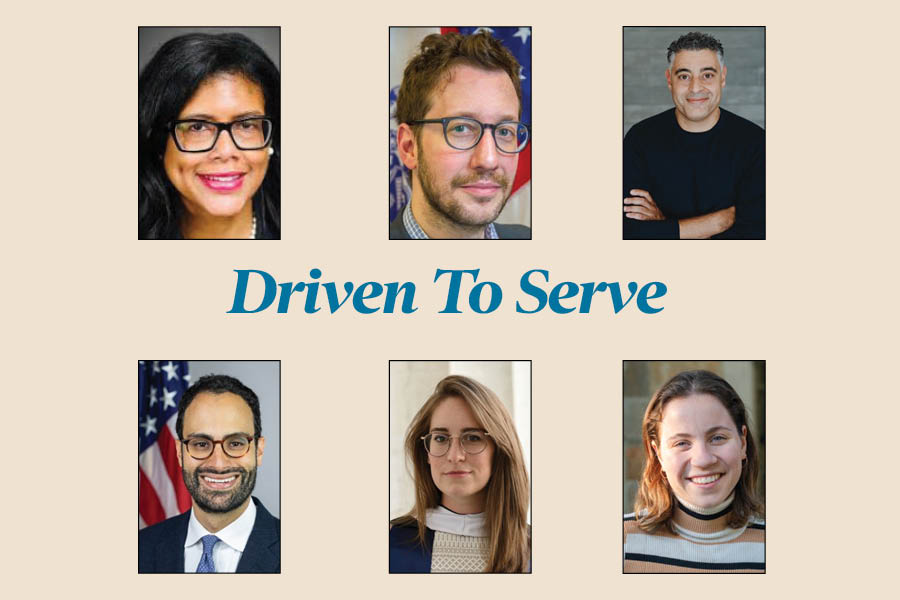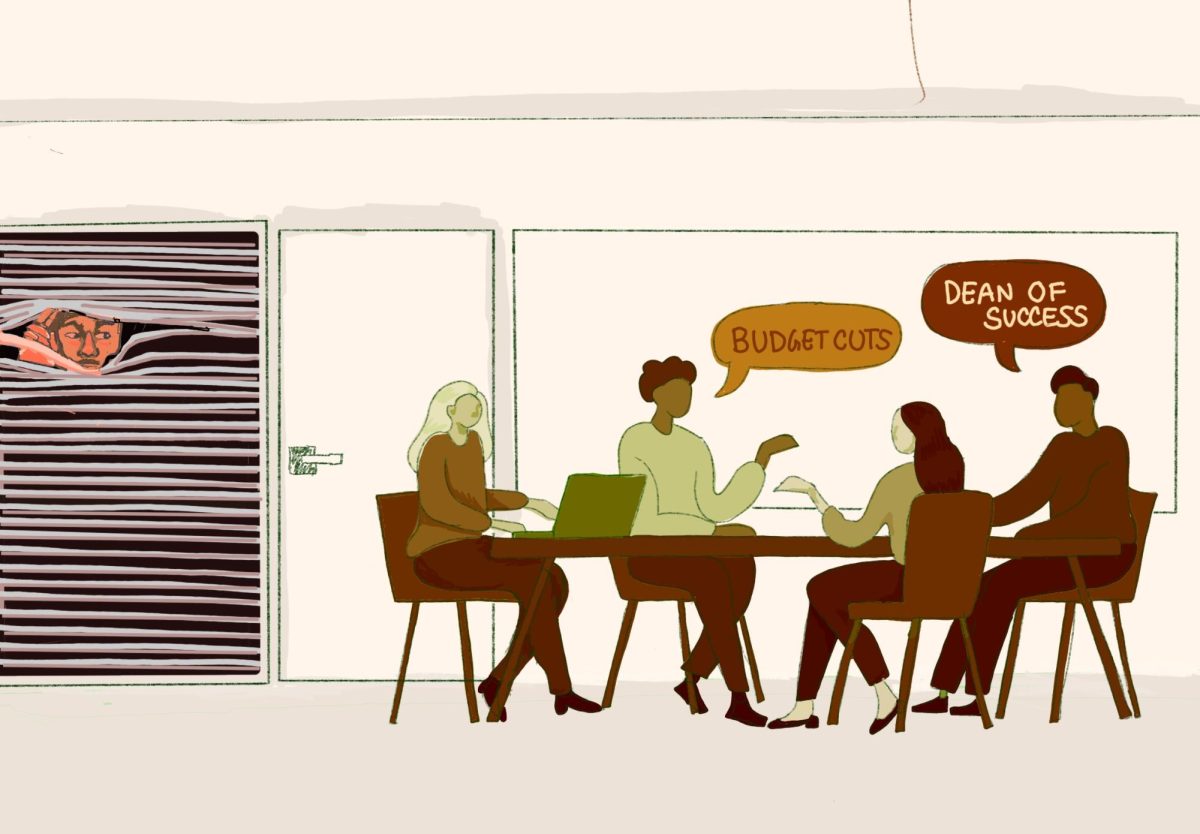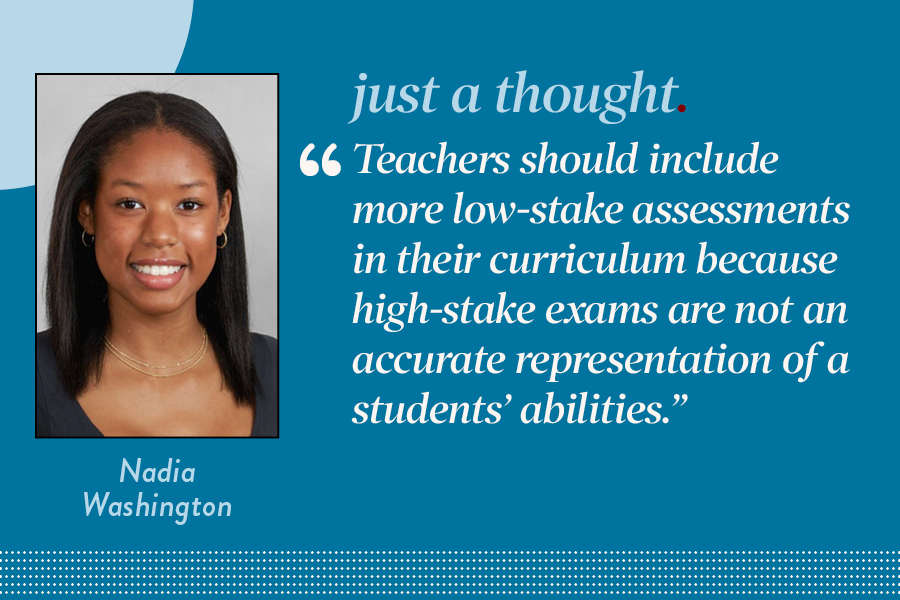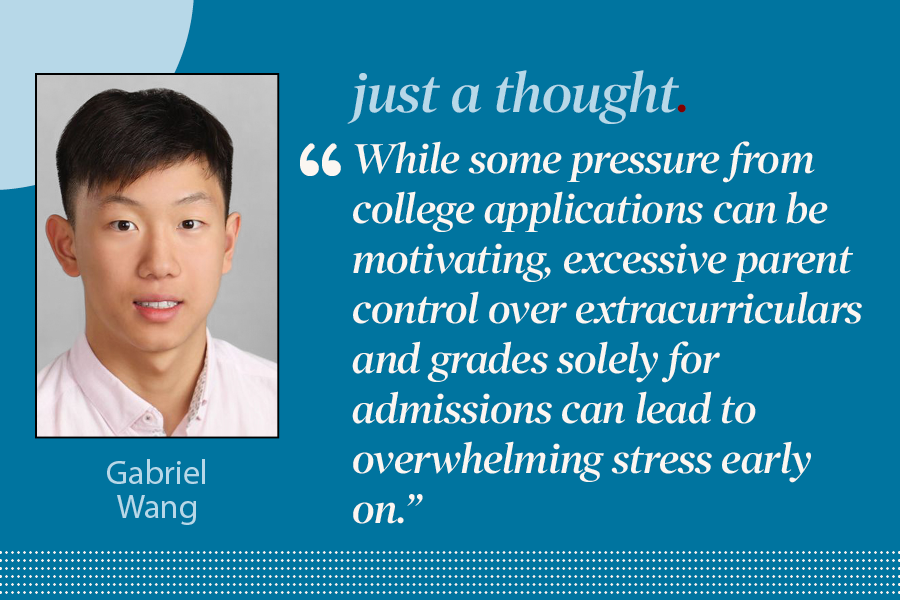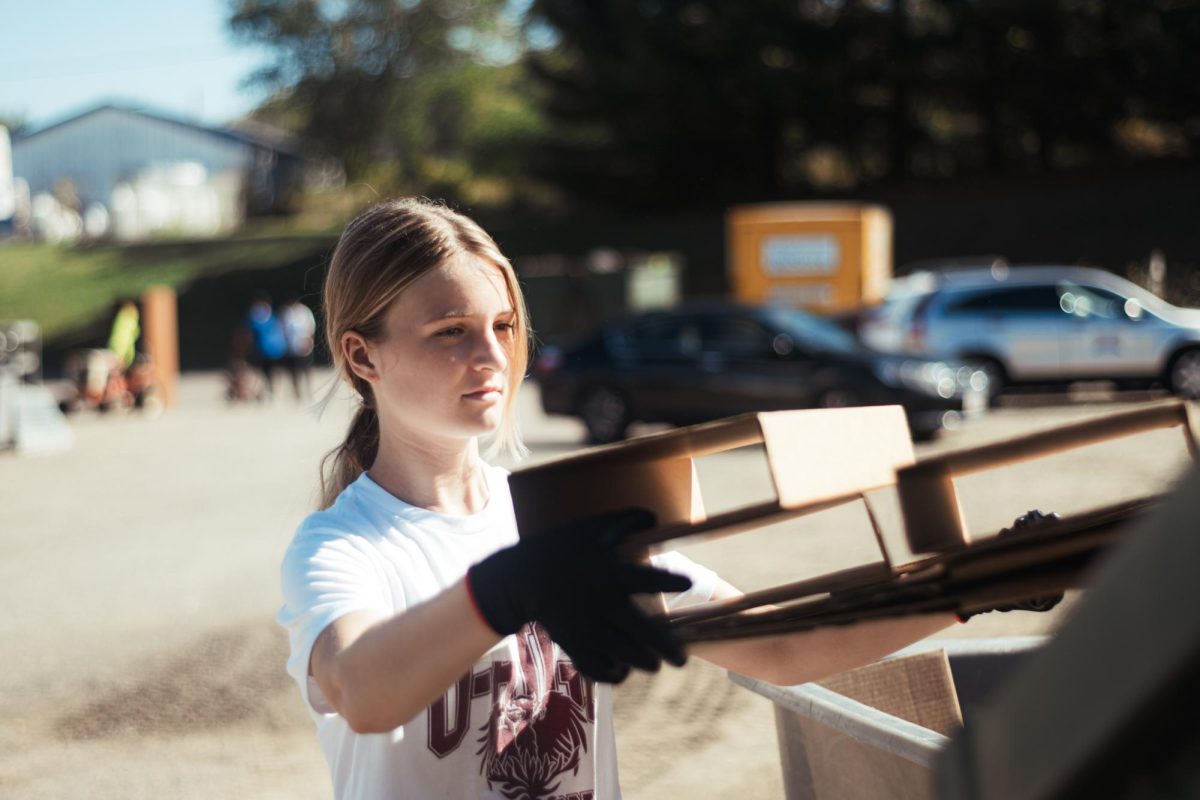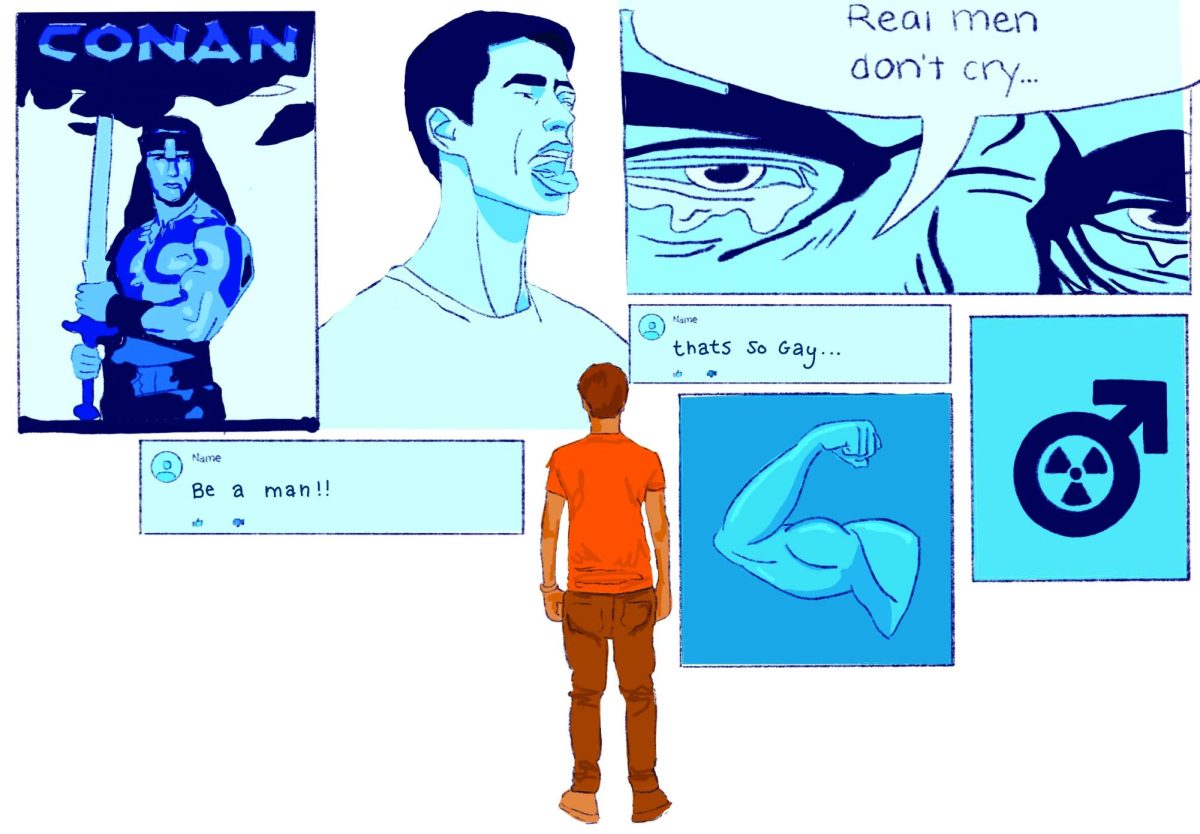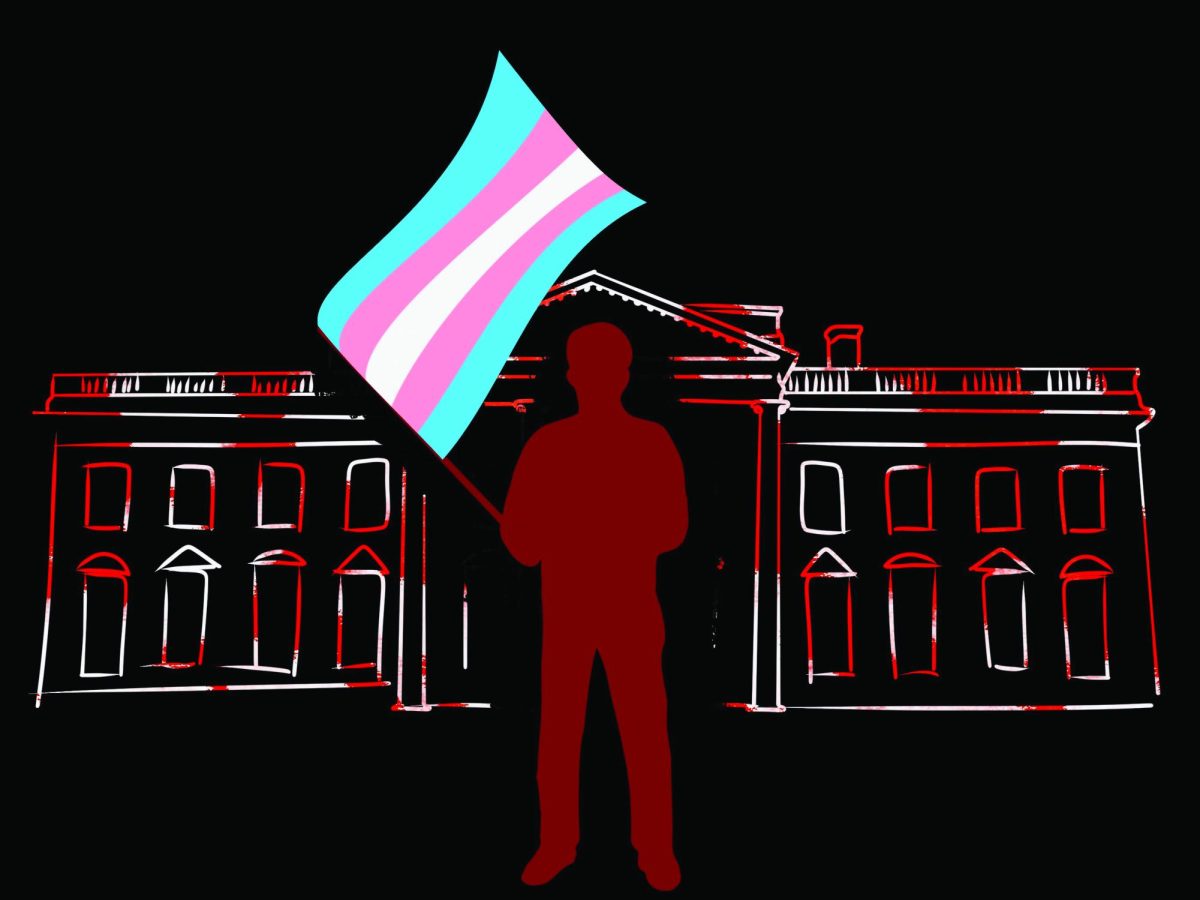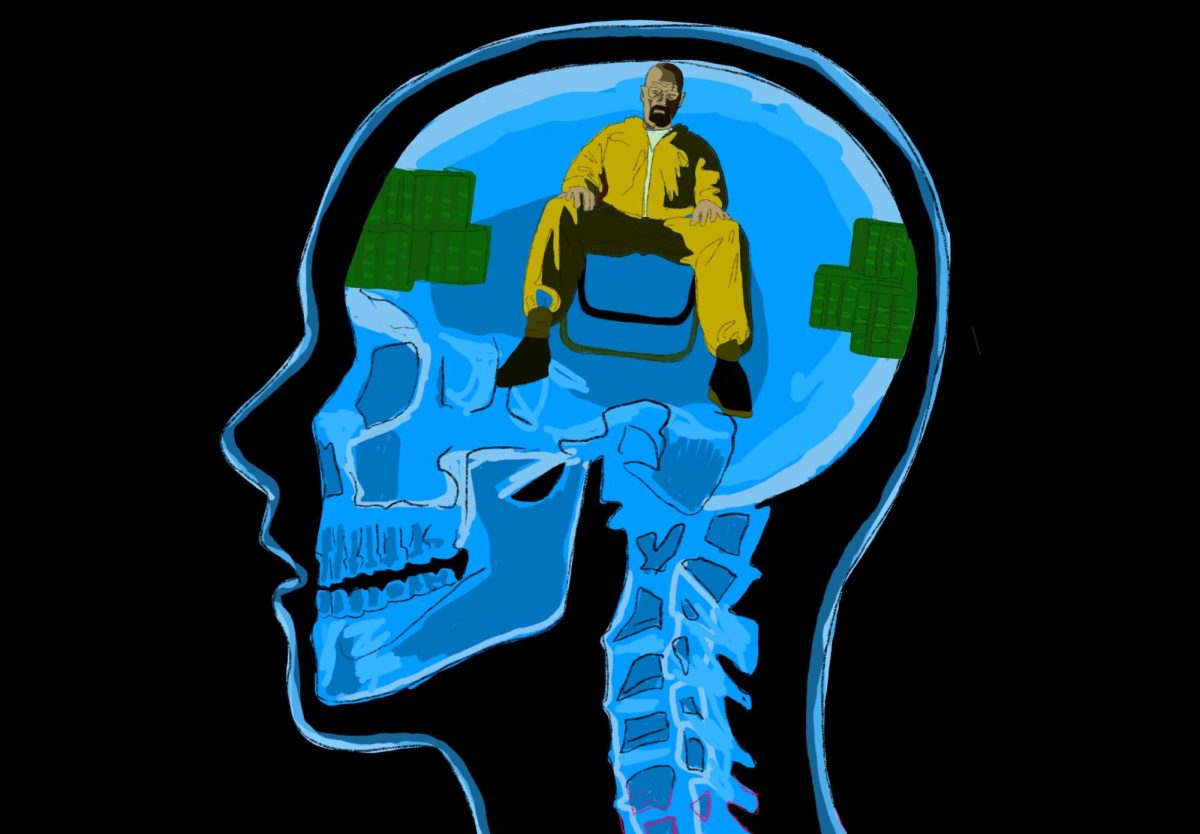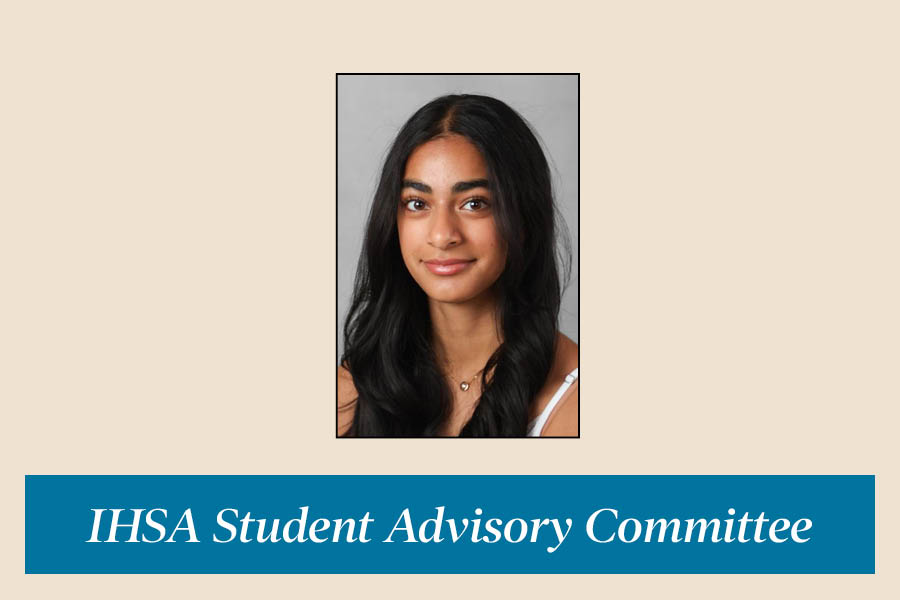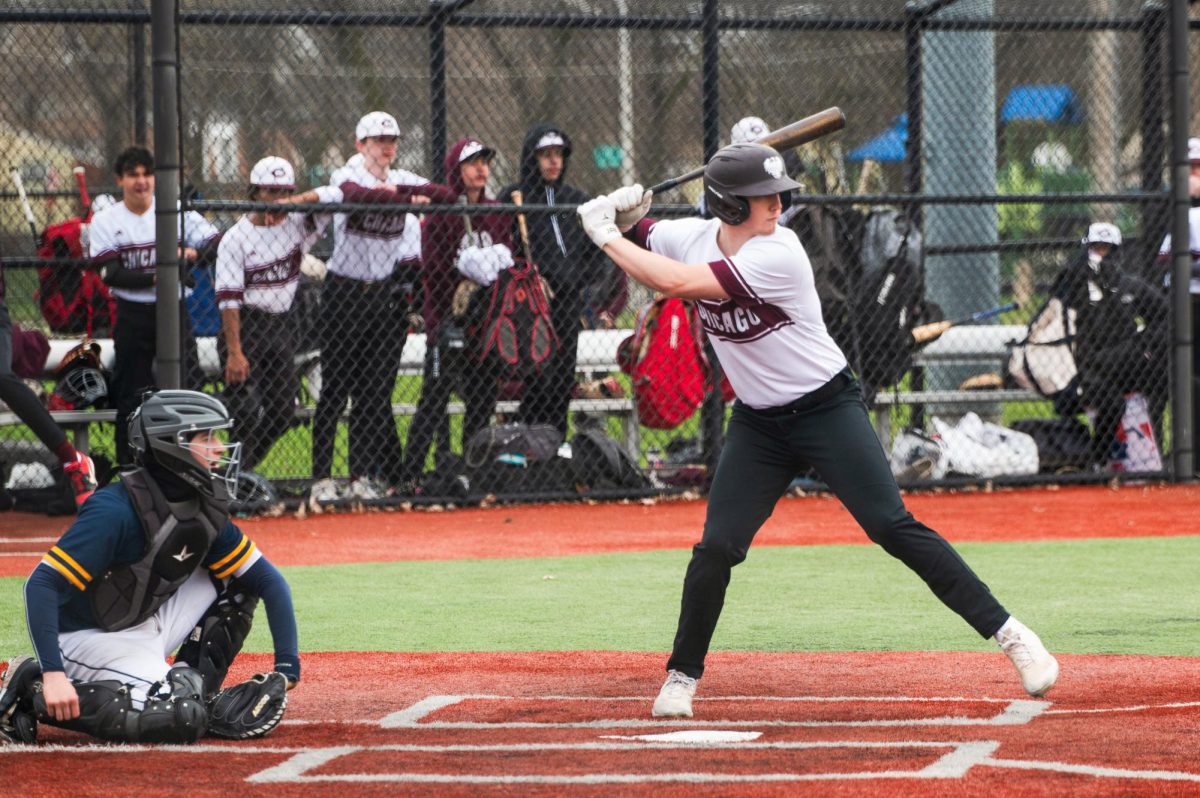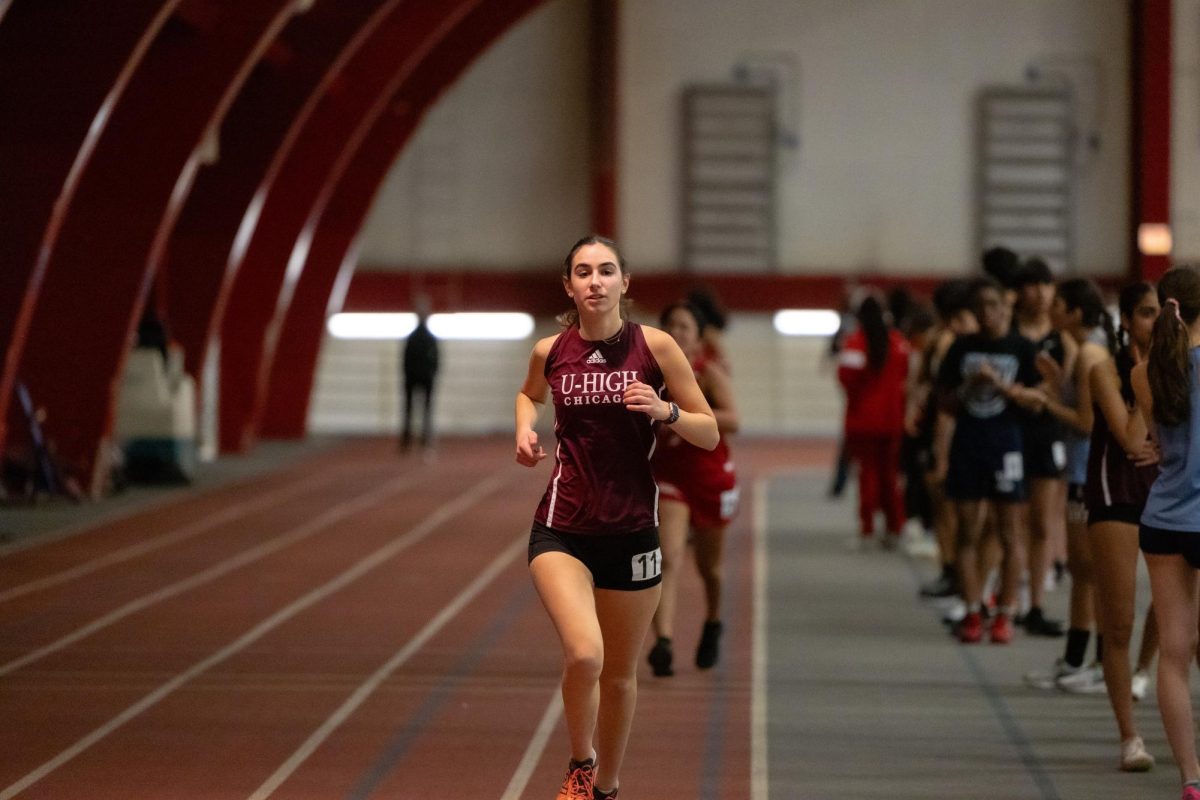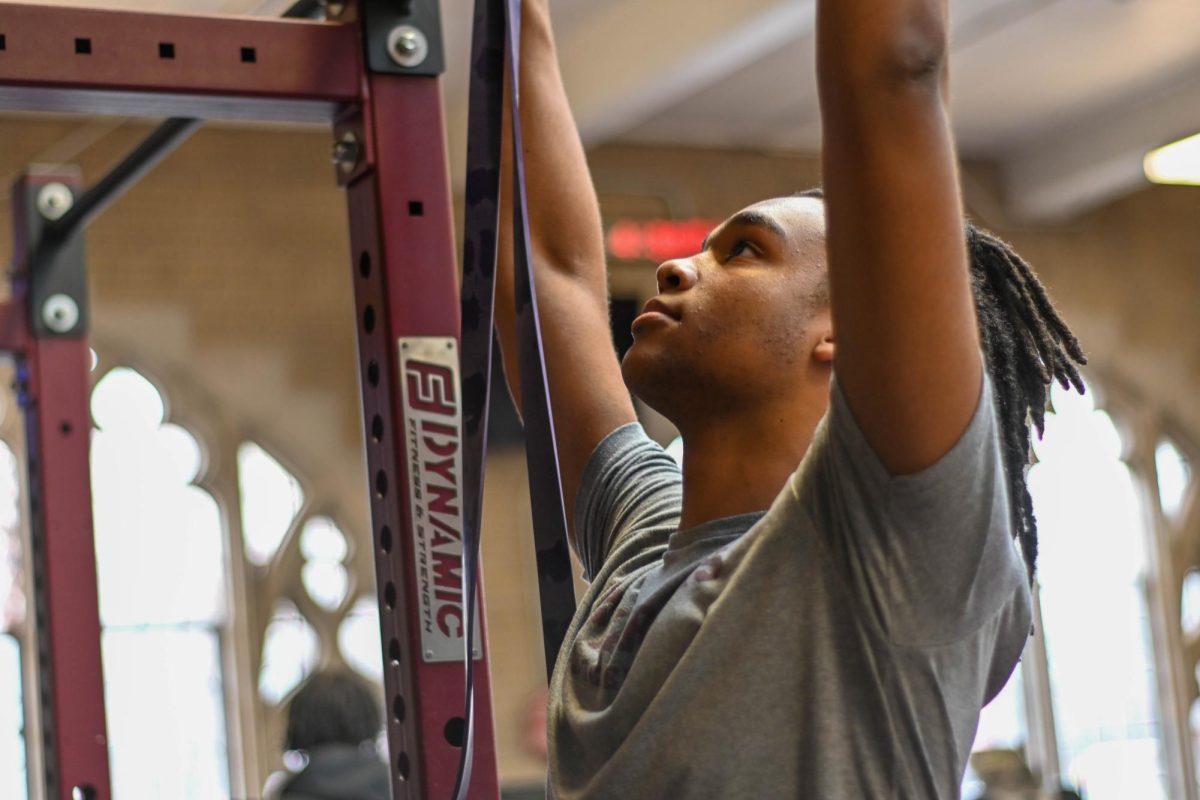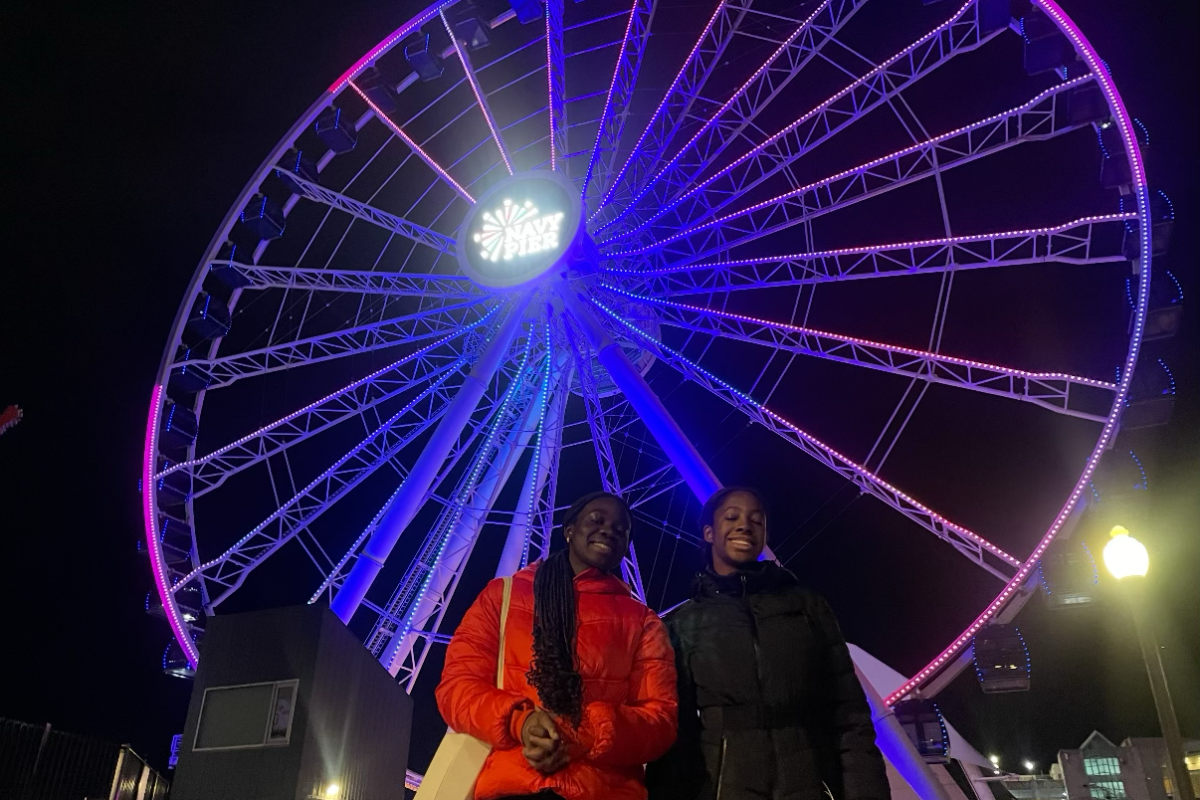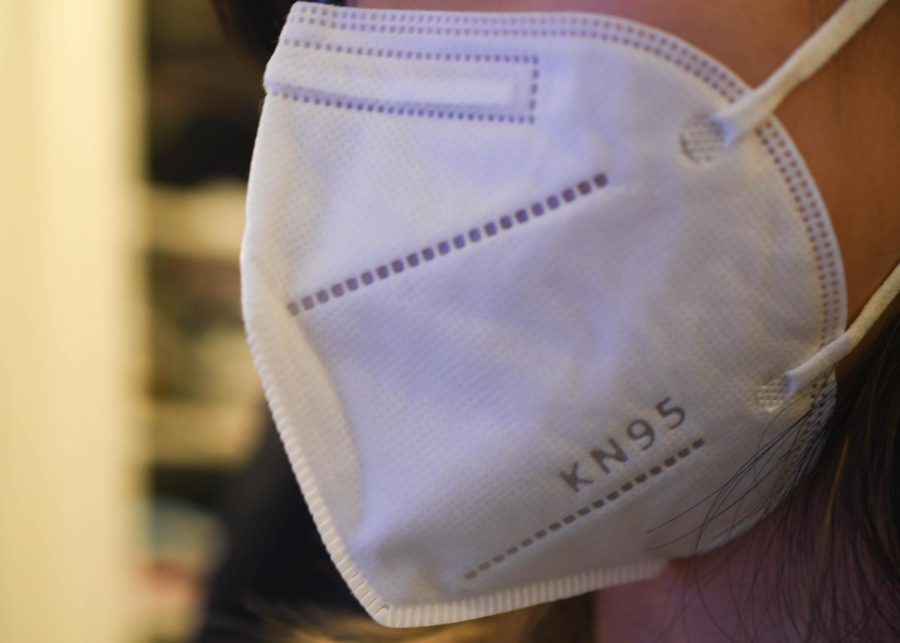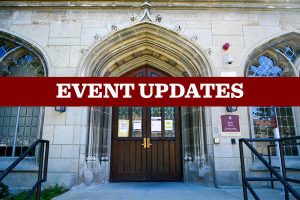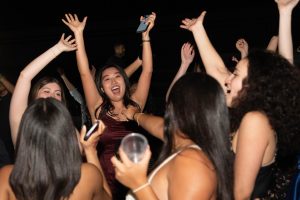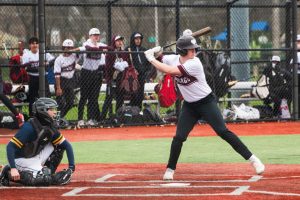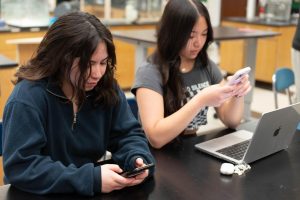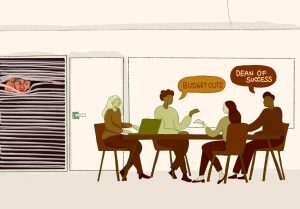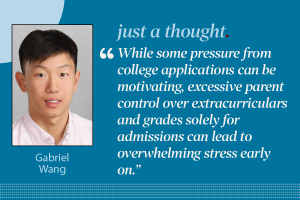Recommended safety measures to reduce COVID-19 transmission
When students return to school Jan. 10, they must continue to wear a mask indoors and are recommended to wear a KN95 mask like this one. Lab is making KN95 masks available to the community.
January 7, 2022
With the recent increase in COVID-19 cases involving the omicron variant, recommended safety measures to prevent transmission are quickly evolving to include a reduced quarantine period, tighter-fitting masks and greater booster shot eligibility.
“We’re in this sort of confusing part of the pandemic where there’s this new variant that’s behaving differently than previous variants, and so some of what we used to do is helpful, but some of it probably needs tweaking,” Emily Landon, chief epidemiologist at the University of Chicago, said in an interview with the Midway. Dr. Landon advises UChicago and the Laboratory Schools on coronavirus safety measures.
Quarantine and isolation periods: In December, the Centers for Disease Control and Prevention shortened the recommended quarantine and isolation period for individuals who test positive to five days. On Jan. 6, the CDC extended that guidance to K-12 schools, but Illinois and Chicago health departments as well as the University of Chicago have not changed isolation periods.
Vaccine and booster shots: The CDC and the Food and Drug Administration also expanded booster shot eligibility to 12- to 15-year-olds, so the shots are now available to anyone 12 and older. The Laboratory Schools administration encouraged all eligible people to get a booster shot and hopes to host another booster clinic for those newly eligible, according to a Jan. 7 email from Director Tori Jueds. Booster shots are now required for University of Chicago employees.
Masks and social distancing: Because the omicron variant is highly transmissible, health officials and school administrators are also advising the use of tighter-fitting masks, such as N95, KN95 and KF94. N95 and KN95 are the same type of mask, but KN95 is the Chinese standard and the number refers to the percentage of particles filtered. KN95 masks have been distributed to Lab community members.
“The difference is how it fits on your face. Surgical masks are basically flat and they just bend around your face and they don’t seal as well as the sort of 3D masks,” Dr. Landon said.
According to Dr. Landon, when wearing surgical or cloth masks, double-masking is most effective in sealing the respiratory droplets and aerosols.
The high school administration is also asking faculty members to be consistent when enforcing mask-wearing among students. If students don’t comply after the first request, the student’s name will be submitted to Dean of Students Ana Campos to track and contact the student and their parent/guardian.
Dr. Landon also emphasized the importance of keeping anyone unwell home and the risks associated with removing masks for long periods of time.
“It’s only when you take your mask off that the distancing makes a difference,” she said. “It’s about preventing people when they are unmasked from getting big droplets in, and those large droplets travel three to six feet.”
As a precaution, Café Lab’s seating capacity has been reduced, and students are to distance 5-to-6 feet and remain silent while eating, regardless of location in the building, according to an email from high school Principal Paul Beekmeyer. In addition to the cafeteria, students may also eat lunch in the tent on Scammon Garden, approved club meeting classrooms and in high school hallways in the U-High and Judd buildings or Gordon Parks Arts Hall. The administration has requested that students not eat during advisory period over the next few weeks.
The main thing to keep in mind when taking COVID-19 precautions, as mentioned by Dr. Landon, is that the omicron variant is highly contagious and it’s most important to reduce the risk of contraction.
“It’s really about getting better masks, keeping sick people out and we have to be really careful about the times when people may be unmasked,” she said. “We’re all really sick of covid, and we need to think about what’s the minimum we can do to reasonably protect our community around us.”



